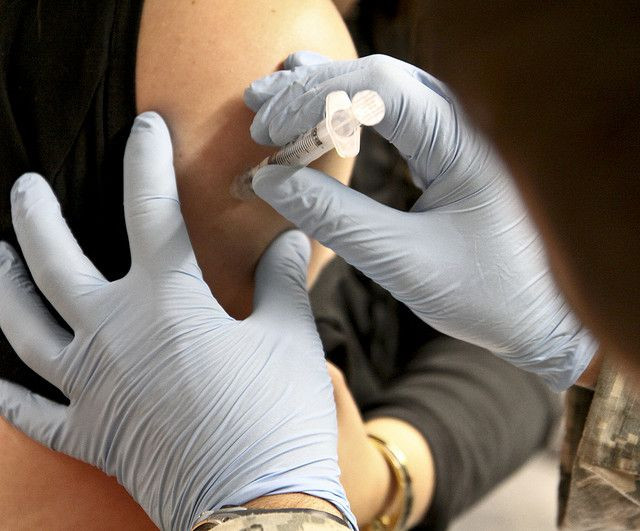Meningitis Deaths Released Too Slowly, Advocates Argue; Health Officials Demonstrate Lacking Interest In Prevention Efforts

In the case of a health care emergency, often information is the best defense the public has at prevention. It is largely the responsibility of a city’s public health department to inform its citizens of any current health risk and help as much as possible in the community’s prevention efforts. Last week, Los Angeles County’s Department of Public Heath announced that there have been eight cases of meningitis this year. The rare bacterial infection claimed three lives, but the department failed to include these deaths in their initial public statement. For the omission, the department is now facing backlash from local advocates from health organizations and members of the gay community, who feel it was done intentionally and that county health officials are not contributing enough to the community’s prevention efforts.
According to Public Health Director Jonathon Fielding, the department had been rushing to get the news out, and the omission was an honest mistake. “The deaths were included in information the department sent to medical providers,” Fielding told the Los Angeles Times. The health director went on to express his satisfaction with how the department handled the issue. “I think we’ve been responsive, we’ve been timely, and I think we’ve been sensitive to the concerns of getting information out in a timely manner,” Fielding said.
Meningitis is inflammation or infection of the membrane covering the spinal cord and brain. It is most commonly caused by a virus or bacteria. The eight cases in Los Angeles were caused by invasive meningococcal disease, which was caused by a rare bacterial infection. It is spread by close exposure to someone sneezing or coughing or by direct contact with saliva or nose mucus. Half of LA’s recent cases were of members of the gay community, three of whom were HIV-positive and therefore more likely to succumb to the infection due to their compromised immune systems.
Advocates do not believe that enough is being done to protect the public from the health crisis. They also feel that leaving out the deaths in the initial statement was purposely neglected. “I’m worried that the county has not done enough to protect the people of Los Angeles County,” Leonardo Martinez, an HIV-positive LA resident told the Board of Supervisors at their meeting on Tuesday.
In response to the meningitis cases, there are now five clinics offering free vaccinations to patients without health care. The AIDS Healthcare Foundation has also begun offering meningitis vaccinations at its clinic in Hollywood. Many believe that the county health care department should be doing more to help cover the costs of the vaccines and should also work with other providers to ensure that more people are vaccinated. Some feel that the reason there was a lack of aid in fighting the meningitis outbreak is because of its mostly affecting the gay community. “Gay people’s health has been historically and very negatively impacted by government’s inaction and lack of acknowledgement,” claimed Whitney Engeran-Crodova, director of the foundation’s public health division, in the LA Times.
Some members of the LA public health department agree that is was a huge mistake to not inform the community of the deaths quickly enough. In the county supervisor's opinion, “The issue of death is an extremely important issue, an oversight that wasn’t communicated to the public. Once that happens, there’s credibility issues, there’s panic, there’s rumors, all those kinds of things,” Don Knabe said.



























